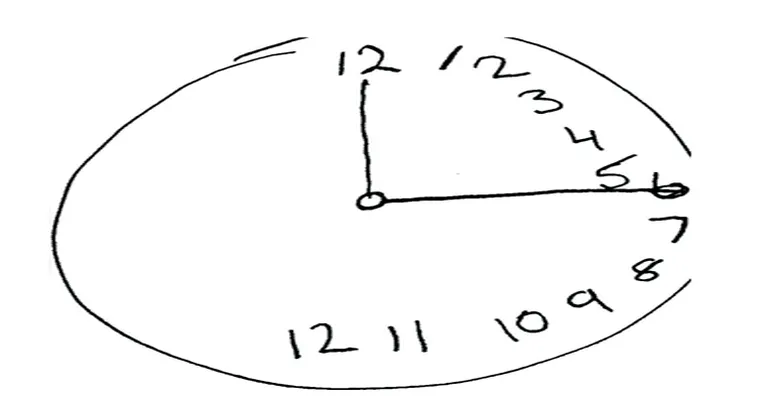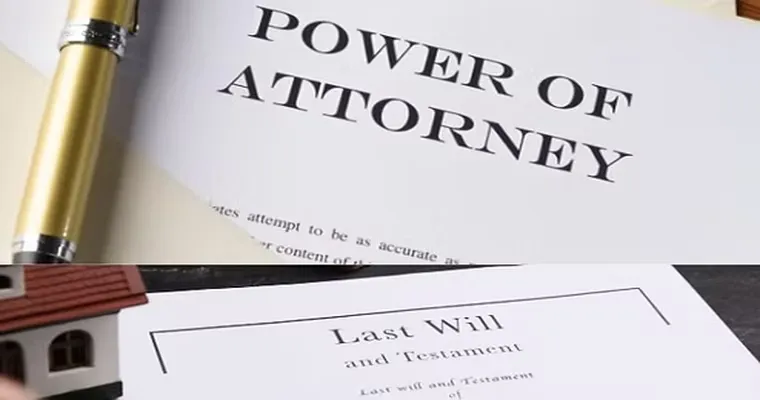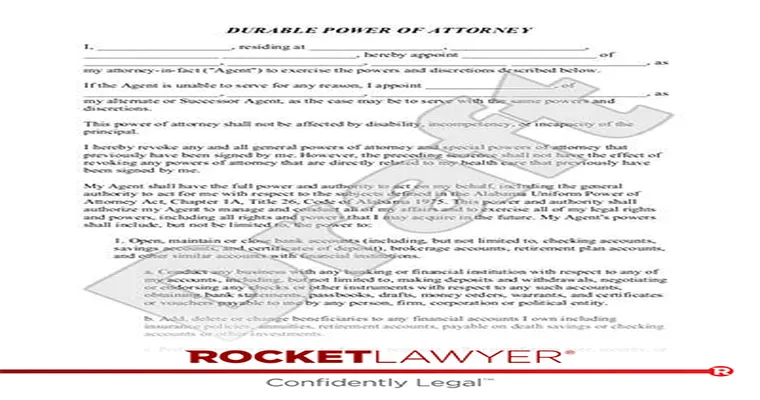Determining if a person is competent to sign a "Durable Power of Attorney (DPOA)" can be complex, especially when considering cognitive assessments like the "Montreal Cognitive Assessment (MOCA)". A score of "12 on the MOCA" indicates significant cognitive impairment, raising important questions about the individual's ability to understand and execute such legal documents. This article will explore the implications of a low MOCA score on the competency required to sign a DPOA and what factors should be taken into account.
The "MOCA" is a widely used screening tool designed to assess cognitive function and identify potential cognitive decline. A score of "12" typically suggests moderate to severe impairment in areas such as memory, attention, and executive function. Given this context, one might wonder whether a person with this score can fully comprehend the implications of signing a "DPOA".
Firstly, it is essential to understand what a "DPOA" entails. A Durable Power of Attorney is a legal document that grants an appointed agent the authority to make decisions on behalf of another individual, particularly regarding financial matters and healthcare decisions. For a person to be deemed competent to sign a DPOA, they must have the mental capacity to understand the nature and consequences of the document. This includes knowing who they are designating as their agent, what powers they are granting, and the potential risks involved.
Most states require that the individual signing the DPOA be of "sound mind." This legal standard generally means that the person must have the ability to understand the nature of their actions and the effects of those actions. A score of "12 on the MOCA" raises significant concerns about the individual’s cognitive abilities, leading many to question whether they meet the threshold for competency.
However, competency is not solely determined by a standardized test score. It is a legal determination that can vary based on individual circumstances. Factors such as the person's overall health, understanding of the situation, and the context in which the DPOA is being signed can all play crucial roles in this assessment. In some cases, individuals may demonstrate pockets of understanding despite a low MOCA score, which could influence a determination of competency.
It is also important to note that legal standards for competency can differ by jurisdiction. Some states may have specific requirements or guidelines for assessing an individual's capacity to sign a DPOA. Engaging with legal professionals who specialize in elder law or estate planning can provide clarity on the requirements in a specific state.
If a person with a score of "12 on the MOCA" is attempting to sign a DPOA, it is advisable to seek a thorough evaluation from a qualified healthcare professional. This assessment should focus on the person's understanding of the DPOA, their ability to communicate their wishes, and the overall context of their decision-making capabilities.
In conclusion, while a score of "12 on the MOCA" indicates substantial cognitive impairment, it does not automatically disqualify a person from being competent to sign a Durable Power of Attorney. Each case should be evaluated on its individual merits, taking into consideration the broader context of the individual's cognitive abilities and legal standards in their jurisdiction. Consulting with professionals in both healthcare and legal fields is crucial in making an informed decision regarding the competency to sign a DPOA.





